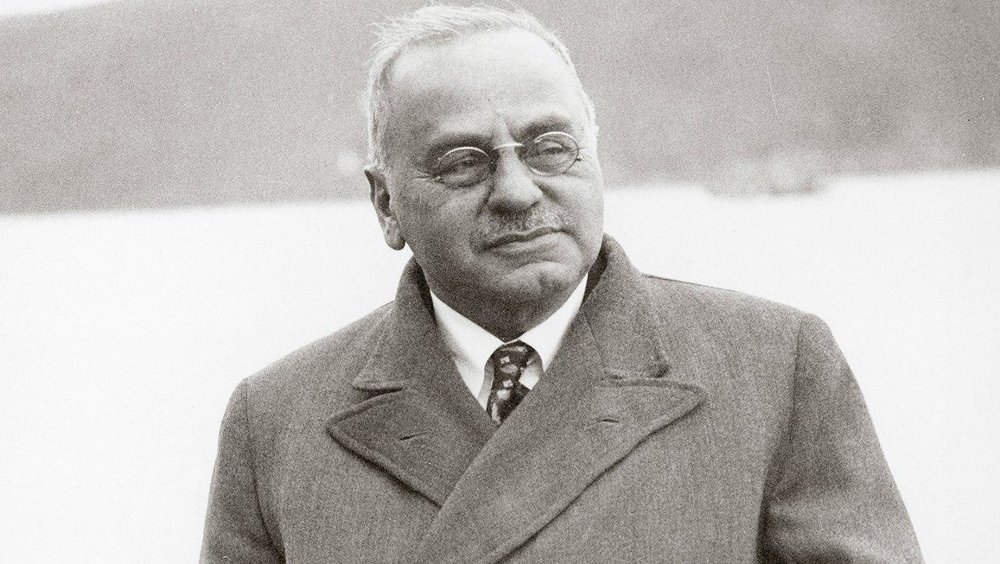“Social interest” demonstrates higher responsibility in Iranian society

Today, there are numerous NGOs in Iran active in various fields such as health, education, children, women, elderly, entrepreneurship, research, counseling and psychology, rehabilitation, etc.
This large number of voluntary works demonstrate Iranian tendency for philanthropic participations. The good-hearted men and women, all together endeavor to help the government in introducing social modifications. Such people put huge effort, time, energy and money into charitable or humanistic activities, without any expectations, only in order to live in a less deviant and more fruitful society. They are intelligently aware of how social issues can affect each citizen’s life, directly or indirectly.
But being concerned about social well-being is something far beyond mere humanitarian acts; this is what Austrian psychotherapist, Alfred Adler has emphasized on his theory, known as individual psychology as a concept named “social interest”.
Social relationships are the cornerstones of Adler’s holistic theory in which he believed social forces form the personality and people’s interactions, and they are crucial for their psychological development.
Social interest is a common feeling among human beings and between the individual and the society which leads to cooperation and a mutual alliance. Social interest is an inborn gift, but it is the environment that flourishes it.
Alfred Adler’s theory evaluates all individuals’ actions from the social interests’ aspect. In fact, social interest, in Adler’s point of view is a significant indication of mental health. It means that the healthier and more mentally developed people are, the more willing they are to be useful in their society.
Their willingness toward social work is a witness of their maturity, sense of responsibility and dedication. And this is what can be seen in increased humanitarian work of Iranian people: respectful, determined and mature concerns for well-being of others.
MQ/MG
Leave a Comment